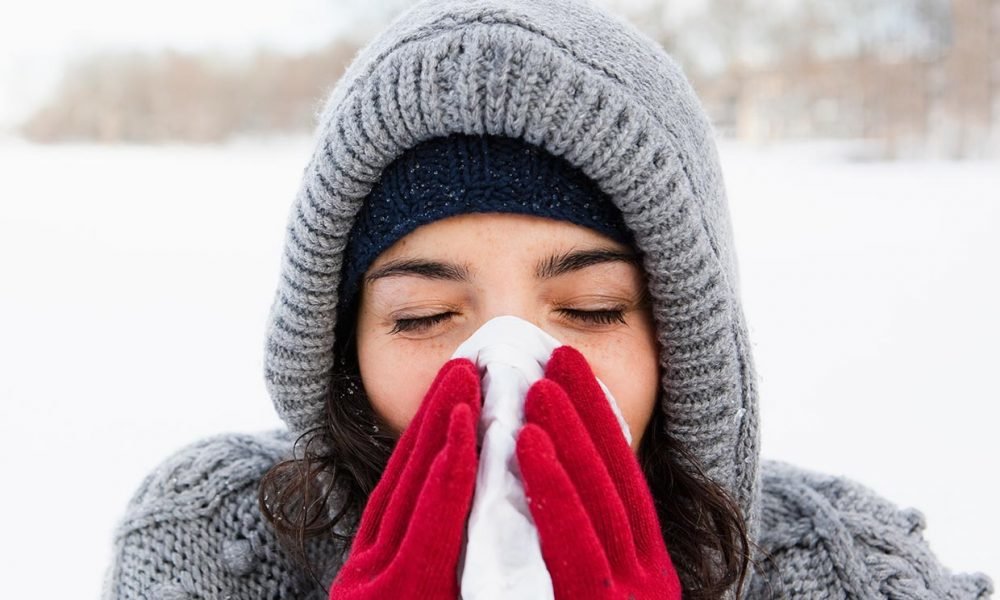
Here’s How To Look Young — Even When You’re Really Not

Don’t we all wish that we could keep our flawless, wrinkle-free skin forever? Even though we can’t stop our skin’s natural aging process, it is definitely possible to slow it down by looking after the most important component in our skin that keeps it firm and youthful – collagen.

As you age, fine lines and wrinkles become more prominent and gravity begins pulling it down, causing it to sag
Collagen fibers are the most abundant protein in our skin which make up for more than 70 per cent of our dermis and act as strong pillar underneath the outer layer of the skin, keeping it elastic and smooth. When we’re young, our body constantly repairs the skin and makes new collagen fibers but, this ability to regenerate, slows down drastically with age.
However, certain environmental, emotional and dietary factors such as harmful UV rays, pollution, smoking and stress can speed up the aging process by producing free radicals inside our skin. These free radicals work against your body’s ability to create new collagen fibers and as a result, the skin starts to thin, showing signs of premature aging.
The free radical effect is much worse with exposure to sun which is why it is often advised to wear sunscreen before going out in the sun. But there’s only so much that a sunscreen can do to protect your skin from damage. As you age, fine lines and wrinkles become more prominent and gravity begins pulling it down, causing it to sag. But there are four things you can do now to prevent your skin from damage and keep it looking youthful for longer.
Use Sunscreen Every Day

UV rays from sun are the biggest culprit for causing premature aging and wrinkles and the only way to fight is by wearing sunscreen every day. But the use of sunscreen shouldn’t just be limited to beach days or the summer season – dermatologists recommend the use of broad spectrum sunblock with SPF30 or above every day, no matter the weather conditions.
It’s important that you get into the habit of looking after the collagen in your skin when you’re young and your body still has the ability to generate new cells, because once the signs of aging start to show, it becomes much harder to reverse the damage.
Retinol is Your Skin’s Best Friend
Vitamin A derivatives such as retinol (also known as retinoic acid), have been used in anti-aging beauty products for decades and are often recommended by dermatologists for reversing the effect of aging. Scientists have proven that using only 0.1 per cent retinol for one month reduces visible signs of aging such as fine lines and wrinkles. Retinol works by activating the cells in our body responsible for collagen production but it is extremely potent and should only be used sparingly in extremely small quantity.
Develop a Skincare Routine

It’s never too early to start looking after your skin with a consistent skincare routine. Products with ingredients like vitamin C, E and ferulic acid are the best skin food for maintaining healthy collagen and slowing down its degradation, according to researchers. Collagen stimulators like peptide and growth factors also work the same way as retinol in maintaining collagen without irritating the skin.
Other skin rejuvenation procedures such as chemical peels, can drastically improve the texture of your skin, even though the effects are short-lived and you may need more frequent treatments to keep up the results. Laser treatments, although pricier, are the more effective than chemical peels and work by destroying existing collagen under the skin in order to boost the creation of new cells.
Keep Your Skin Healthy from the Inside
Your skin is a reflection of your diet so, in order to keep it healthy, you need to be healthy as well. Exercising and taking good care of your diet goes a long way in keeping you looking youthful. Intense physical activity increases the blood supply to collagen fibers, giving your skin a healthy glow whereas a balanced diet rich in antioxidants, protein and vitamins can boost your skin’s ability to regenerate collagen. Make sure to hydrate your skin from inside and outside by drinking plenty of water and applying an SPF moisturizer.
More in Skin Care
-
`
4 Simple & Efficient Tips to Keep Your Skin Glowing This Winter
If you are someone who has a proper skincare routine, you must be bothered by dry skin in winter. Do you...
November 2, 2023 -
`
Summer Vibes: 5 Ideas for Unforgettable Hangouts with Friends
Summer is the season for outdoor fun and creating unforgettable memories with friends and loved ones. Whether you’re looking for a...
July 5, 2023 -
`
What Do These Skin Problems Tell about Your Health Condition?
Some medical conditions are tricky to spot simply because they are hidden and almost show no symptoms. However, they can manifest...
June 13, 2023 -
`
Wellness Tips to Help You Get Rid of Your Winter Blues
Winters can be a tough season not just for our body but also for our mental health. The sun rises later than usual...
May 7, 2023 -
`
Exploring the Latest Skin Care Trends: What’s Hot and What’s Not in 2023
The world of skin care is constantly evolving, with new ingredients and treatments popping up every year. With so many different...
April 24, 2023 -
`
Celine Dion Values Her Skin So Much That She Dropped $2 Million For This Device!
Utmost focus has been given to skincare, especially during this quarantine season, as more and more people opt to take care...
April 11, 2023 -
`
Samuel L. Jackson is a Vegan and He’s Not Ashamed to Admit it
Samuel L. Jackson, the iconic Hollywood actor, has been expressing his preference for vegan eating since August, 2018, due to some...
April 6, 2023 -
`
Terry Crews Uses THIS Technique to Maintain his Impressive Physique
Crews is a big boy. The Brooklyn Nine Nine actor maintains his weight at 245 lbs and being this bulked up...
April 5, 2023 -
`
The Most Famous Procedures in the Plastic Surgery Capital of the World
If you think that the United States is the place where the most number of cosmetic surgeries in the world happen,...
April 5, 2023

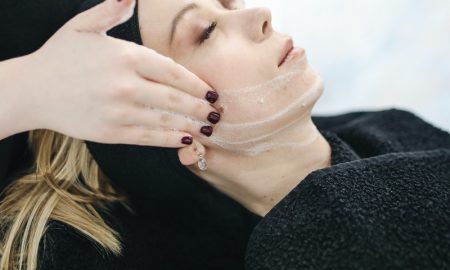
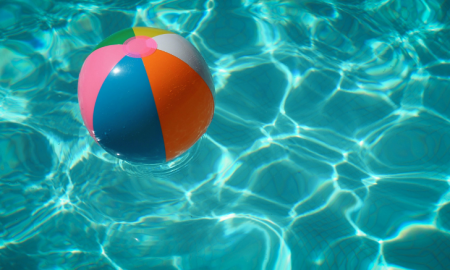


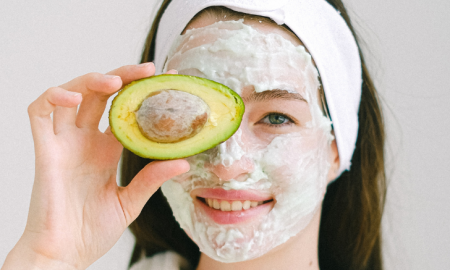







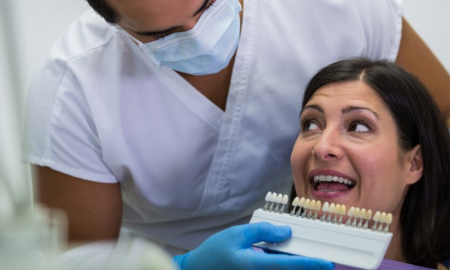
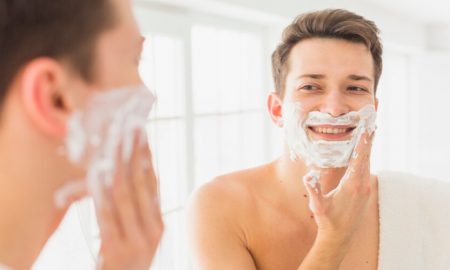
You must be logged in to post a comment Login